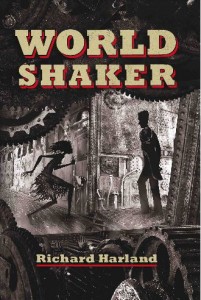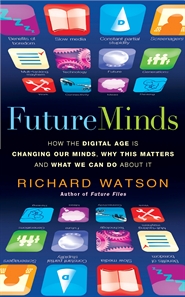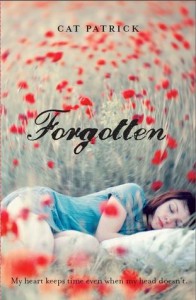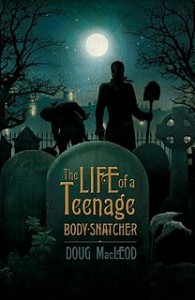 It was a privilege for our students to have a visit from the author of ‘Worldshaker’, Richard Harland, to our school this week. With his visit, he brought an understanding of the steampunk genre, tips for writers, and inspiration from his workshops with small groups of our writers.
It was a privilege for our students to have a visit from the author of ‘Worldshaker’, Richard Harland, to our school this week. With his visit, he brought an understanding of the steampunk genre, tips for writers, and inspiration from his workshops with small groups of our writers.
‘Worldshaker’ has had worldwide success, being published in many different languages, and has now been followed by a sequel, ‘Liberator’. It tells the tale of Colbert Porpentine, as he embarks on a journey towards becoming the next Supreme Commander of the juggernaut, Worldshaker. In a divided world, he lives on the upper deck in a state of privilege (rising from his family inheritance), while down many levels below, a contrasting state exists for the ‘filthies’.
As Col moves toward learning about his future role, he also learns of the world below which he had surprisingly little awareness of. Through his unexpected exposure to an escaped ‘filthy’, Riff, his understanding of life is challenged and impacts on his developing education for his future leadership role.
By examining his book, which many of students had read earlier, Richard was able to focus on some of the elements needed to create a great story. One of his strongest messages was to write from your own experiences rather than from what you have read or seen in movies. ‘Use and adapt your own experiences’: demonstrated, as students worked through episodes in the story, vividly creating their own descriptions.
The enthusiasm displayed by students in the writers’ group reflected inspiration from an enthusiastic and successful writer. Not only were they informed of the workings of the Steampunk genre, but of the rigour required for a solid body of work, the ways to capture the imagination of the reader, and methods for beginning the writing journey. Who knows what works were inspired by this visit.
Richard also spoke about his involvement in a collaboration with other fantasy writers, developed by Isobelle Carmody, in the book ‘The Wilful Eye: Tales From The Tower’ – a collection of retold fairytales. This enabled writers to consider, in a workshop exercise, aspects like where to begin a short story, how to reveal important details and from whose perspective the story might be told. Lots of food for thought for aspiring writers.
As several people also bought copies of ‘Liberator’, I’d also be interested in hearing reviews of the next in the series – any comments? Or any comments about how an author visit impacted on you…



